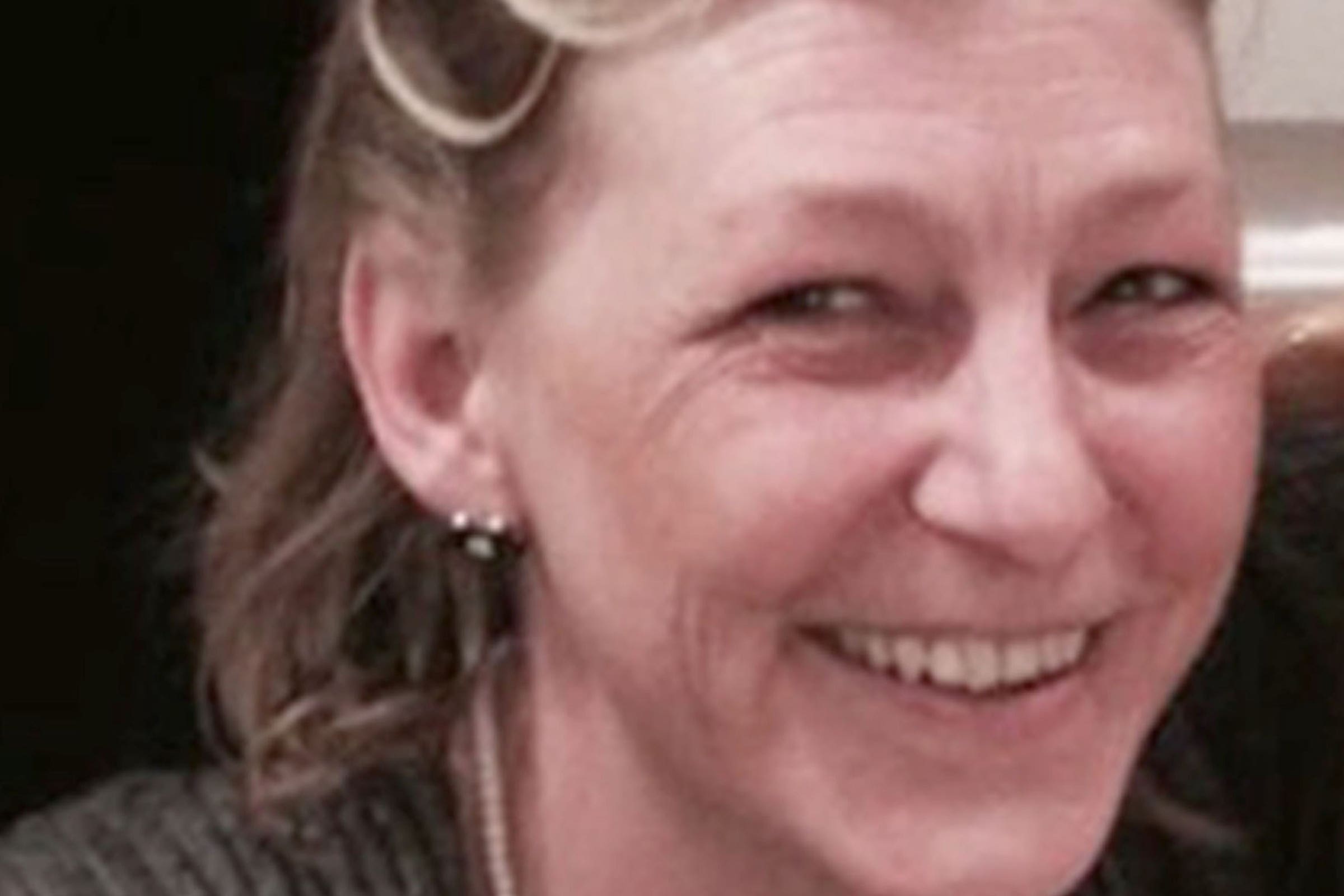British Novichok victim’s family told ‘do not touch her coffin’, inquiry hears
Questions were raised about what UK authorities did to prevent the attack on former spy Sergei Skripal as he was a ‘obvious target’ of Vladimir Putin.

Your support helps us to tell the story
From reproductive rights to climate change to Big Tech, The Independent is on the ground when the story is developing. Whether it's investigating the financials of Elon Musk's pro-Trump PAC or producing our latest documentary, 'The A Word', which shines a light on the American women fighting for reproductive rights, we know how important it is to parse out the facts from the messaging.
At such a critical moment in US history, we need reporters on the ground. Your donation allows us to keep sending journalists to speak to both sides of the story.
The Independent is trusted by Americans across the entire political spectrum. And unlike many other quality news outlets, we choose not to lock Americans out of our reporting and analysis with paywalls. We believe quality journalism should be available to everyone, paid for by those who can afford it.
Your support makes all the difference.The family of the “innocent” British woman who died after she was exposed to Novichok were told not to touch her coffin because of the Russian nerve agent, an inquiry has heard.
Dawn Sturgess, 44, died after she was exposed to the chemical weapon, which was left in a discarded perfume bottle in Amesbury, Wiltshire, in July 2018.
It followed the attempted murders of former spy Sergei Skripal, his daughter Yulia and then-police officer Nick Bailey, who were poisoned in nearby Salisbury in March that year.
All three survived, as did Ms Sturgess’s boyfriend, Charlie Rowley, who had unwittingly given her the bottle containing the killer nerve agent.
Adam Straw KC, counsel on behalf of the family of Ms Sturgess and Mr Rowley, told the inquiry that “because of the Novichok, the family were not allowed to bury Dawn’s body as they wished, and were told not to touch the coffin – she had to be cremated”.
Mr Skripal believes Russian President Vladimir Putin was responsible for poisoning him with Novichok and Ms Sturgess’s family has asked for Mr Putin to be invited to give evidence to the inquiry.
Mr Straw said: “He should look Dawn’s family in the eyes and answer the evidence against him.”
The inquiry’s chairman, Lord Hughes of Ombersley, responded saying it was “an intriguing suggestion”, adding: “Have I any power whatsoever to enforce it?”
Mr Straw replied: “No, I’m afraid not”.
Michael Mansfield KC, also counsel for the family of Ms Sturgess and Mr Rowley, questioned whether the attack could, and should, have been prevented by British authorities given Mr Skripal was a “clear and obvious target from Mr Putin and his henchmen”.
He said Mr Skripal was a high-ranking military intelligence officer at Russian military agency the GRU, and was “an important asset, with high-level knowledge and intelligence”.
Mr Putin had personally referred to Mr Skripal as “a traitor who had left the motherland” and Mr Putin was “committed to eliminating, through chemical means, defectors deemed to have turned to Western intelligence”, Mr Mansfield said.
“Was there a failure to prevent a chemical weapons attack on UK soil? Were countless members of the public put at risk, with the potential for hundreds or even thousands of deaths?”, Mr Mansfield asked.
Describing the aftermath of the poisonings, he said disclosed documents show public health bodies were concerned that “secrecy, withholding of relevant information and an over-centralisation of decision-making in central government hampered the response”.
He added there is evidence of “organisational disputes and disagreements over tactical and strategic decision-making and a lack of clarity on how to secure essential scientific advice; there are references to public health officials being risk averse and too slow to offer advice and make decisions”.
Advice on dry cleaning potentially contaminated clothing “took up considerable time” even at a national level, he said, and one report “records that the most comprehensive source of information to local police was Wikipedia”.
Months later, on June 30, Ms Sturgess sprayed the Novichok on herself and “the real possibility emerged that she had been caught – an innocent victim – in the crossfire of an illegal and outrageous international assassination attempt”, the inquiry heard.
She died on July 8.
The inquiry was told that Ms Sturgess suffered from long-term dependence on alcohol, but in the months before her death was “settled and happy”.
Her family want to understand why doctors initially theorised that her symptoms may have been caused by a drug overdose when she was taken to hospital after coming into contact with Novichok, and whether that could have impacted her chances of survival, the inquiry heard.
It was later told that Wiltshire Police apologised to the family of Dawn Sturgess for wrongly identifying her condition as an overdose on the basis she was a “well-known drug addict” after she was poisoned.
However, Mr Mansfield said “there was no intelligence that Dawn was a drug user”.
The Dawn Sturgess Inquiry, chaired by former Supreme Court judge Lord Hughes, opened at the Guildhall in Salisbury and will continue until December.